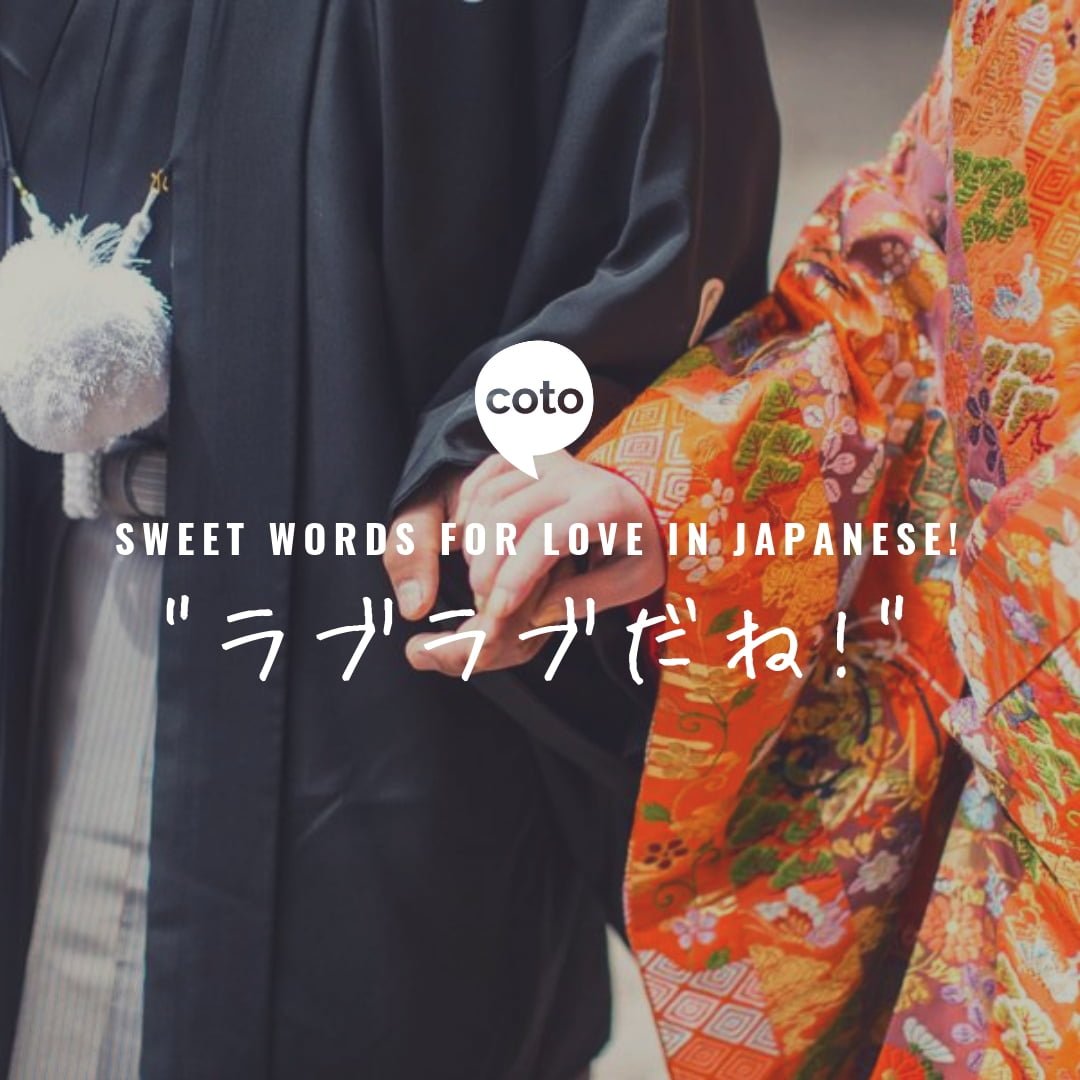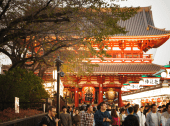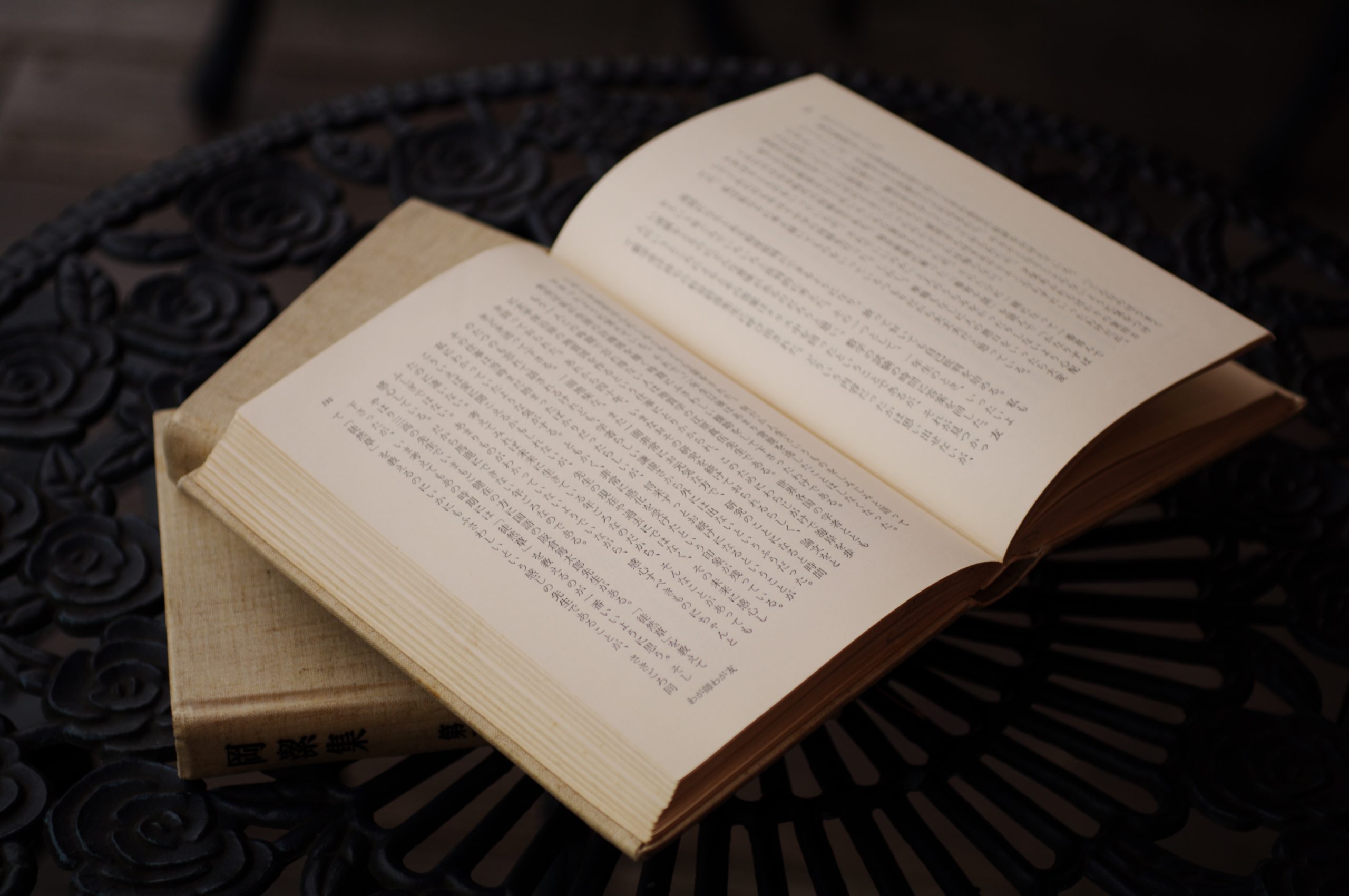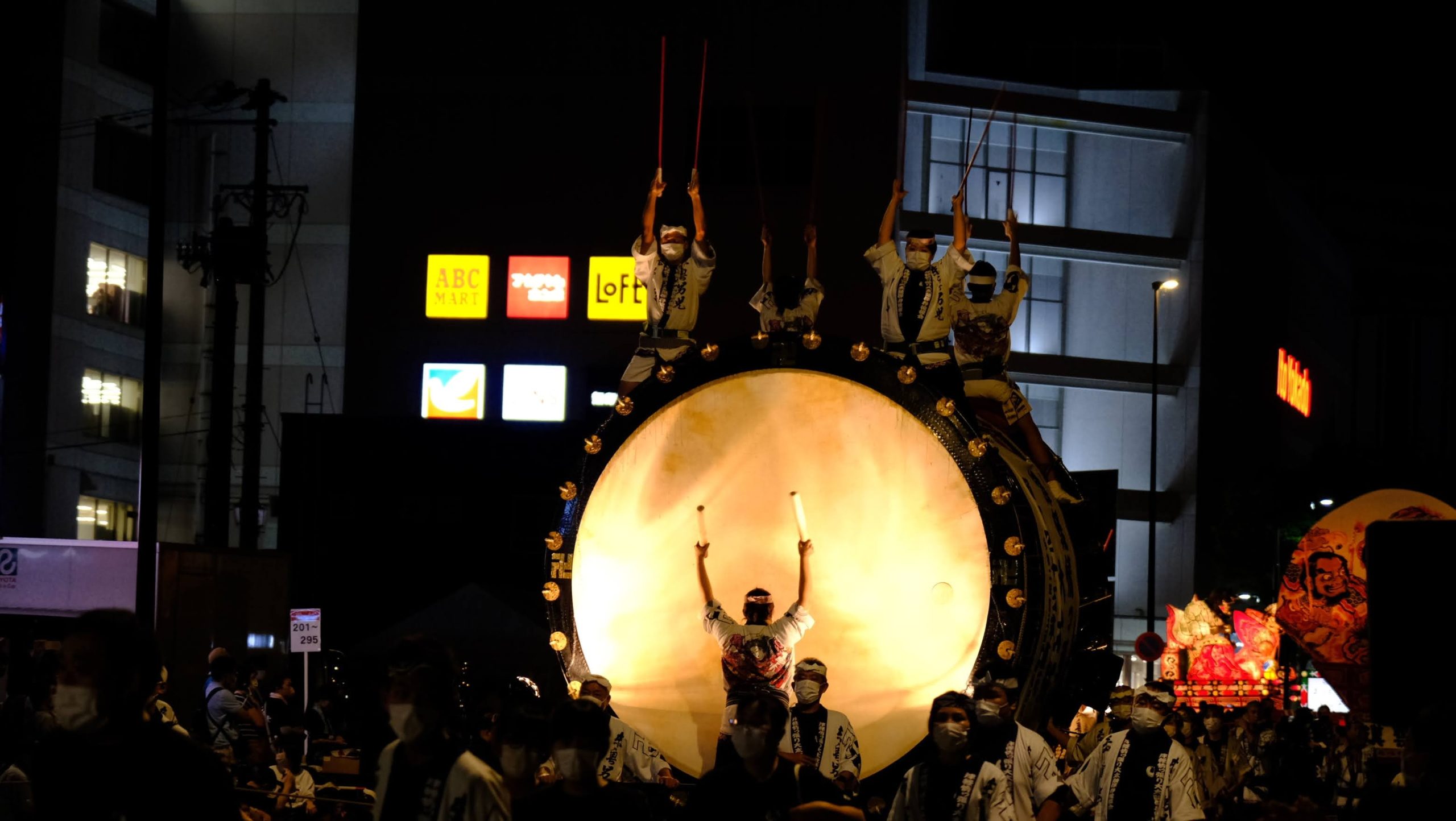
Having many loan words, Japanese for love sometimes might sound familiar to our ears. That’s why it’s not that difficult to learn these useful words and phrases
Love-Love…?
Origins of Love-Love (ラブラブ)
Other Loan words related to Love
Traditional Japanese words related to Love
Love-Love…?
– They are so love-love!
– What are you saying?!
– ラブラブだって!
– Ah! You mean lovey-dovey!
– Lovey… Dovey?
Love is everywhere. Or so you would think when you set foot in Japan, where we celebrate Valentine’s day and White Day, and where Christmas is a celebration for couples. In reality, Japanese people are rather shy when it comes to saying the 3 little words that hold a big meaning – “I love you”.
You might think it’s silly, but the Japanese seem to rely on a telepathic connection of some sort to let their chosen one know their feelings.
Yes, you are supposed to guess if someone loves you or not, hence all the drama broadcast by Japanese television showing us how relationships are so complicated because people are, well… not communicating.
Origins of Love-Love (ラブラブ)
If you look back in history, Japanese vocabulary for love existed but was always surrounded with mystery and a touch of embarrassment.
As foreign languages became more often used in Japan, a lot of Japanese sweet words and words related to love were, one after another, replaced by loaned words, the vast majority being borrowed from English.
In this new repertoire, you will find the famous expression love-love (ラブラブ), a slang built on the English word “love” and is read as “rabu rabu”, describing a couple (カップル) being lovey-dovey.
Other Loan words related to Love
Asking someone out can be overwhelming and some Japanese will prefer to write a love letter (ラブレター) to confess their feelings. You are very often lovey-dovey with your boyfriend (ボーイフレンド) or your girlfriend (ガールフレンド) during a date (デート).
And when you start to get intimate you often share a kiss (キス) or two, leaving from time to time a discreet kiss mark (キスマーク). The romance (ロマンス) is best expressed in a gentle hug (ハグ).
Additionally, when the affection is thought to be eternal, it is time for a marriage proposal (プロポーズ). After which our lovey-dovey couple becomes fiancé (フィアンセ) to one another before a beautiful wedding (ウエディング).
The bride will have an incredible wedding dress (ウエディングドレス) and the newlywed couple will leave for their honeymoon (ハネムーン). Probably in Hawaii.
Traditional Japanese words related to Love
It goes without saying that the loan words and slang expressions are often used among younger generations and that for some of them, the original Japanese love-related words are still very much used, such as:
– Boyfriend: 彼氏, kareshi
– Girlfriend: 彼女, kanojyo
– Lover: 恋人, koibito
– Marriage: 結婚式, kekkonshiki
– Fiancé:婚約者, konyakusha
– To kiss: ちゅうする, chuu suru
The original Japanese vocabulary related to love can be too outdated to be used in the daily life. Using them without thinking could create quite an awkward moment.
– To hug: 抱きしめる, dakishimeru
– A kiss: 接吻, seppun
Let’s return to our slang expression love-love and practice Japanese! “Rabu rabu”, ラブラブ, belongs to the casual speech and therefore, you should use it with your friends and close ones.
A:ちょっと、あの二人見て。
B:うわ~。ラブラブだね~。
A:Chotto ano futari mite.
B:Uwaa, rabu rabu dane.
English Translation:
A: Hey, check out that couple.
B: Wow, they sure are lovey-dovey.
Click to tweet this article and share it with more Japanese learners!
If you want to learn how to say I love you in Japanese, just check our previous blog post about the many ways to confess your feelings to your Japanese lover! Then, be sure to check out our blog on how to say dating in Japanese!
Sweet Words Related FAQs
Does Ai mean love in Japanese?
Ai is the literal meaning of love in Japanese. Many Japanese say “I love you” by saying 愛してる (aishiteru). However, the context is usually a little bit different.
What is a casual way to say l love you in Japanese?
Many Japanese couples use 好きです(sukidesu) to show their affection in the beginning. Suki means “like,” and many times people use it as a casual way to say I love you.
Does Daisuki mean I love you?
Daisuki can mean both I love you as my partner and I like you as a friend. Because it is heavily depending on context when it is being said, many Japanese people cannot even distinguish the differences.
What does Rabu Rabu mean?
Rabu rabu or love-love (ラブラブ), a slang built on the English word “love” and is read as “rabu rabu”, describes the mystery and a touch of embarrassing atomsphere of a couple.















